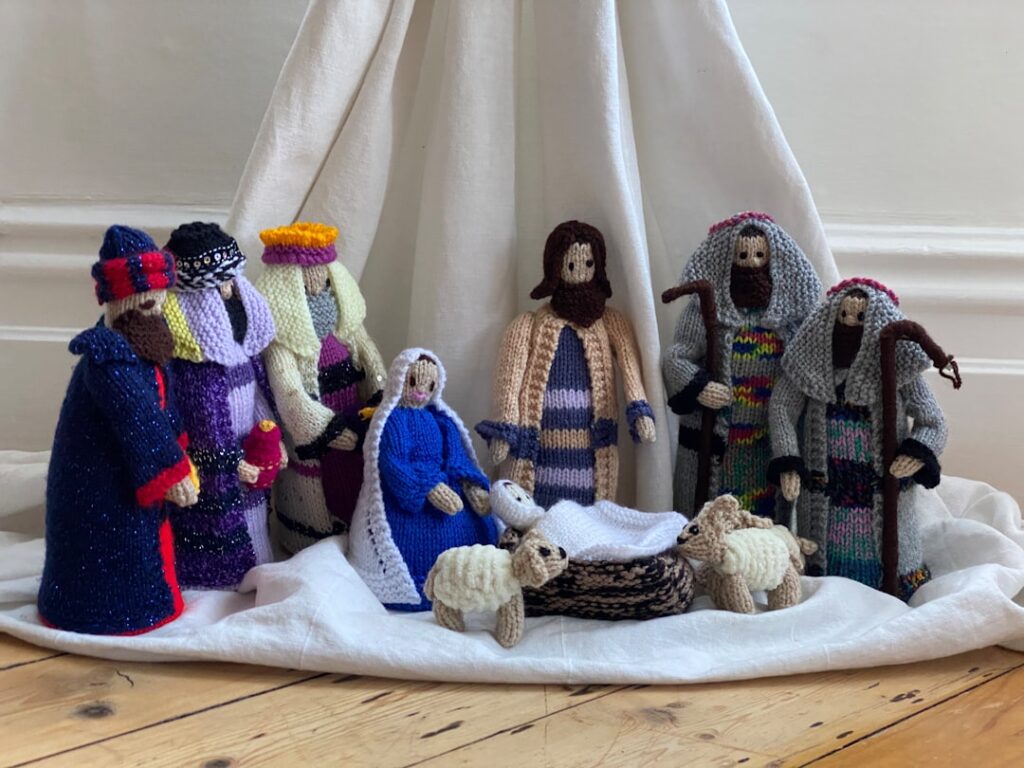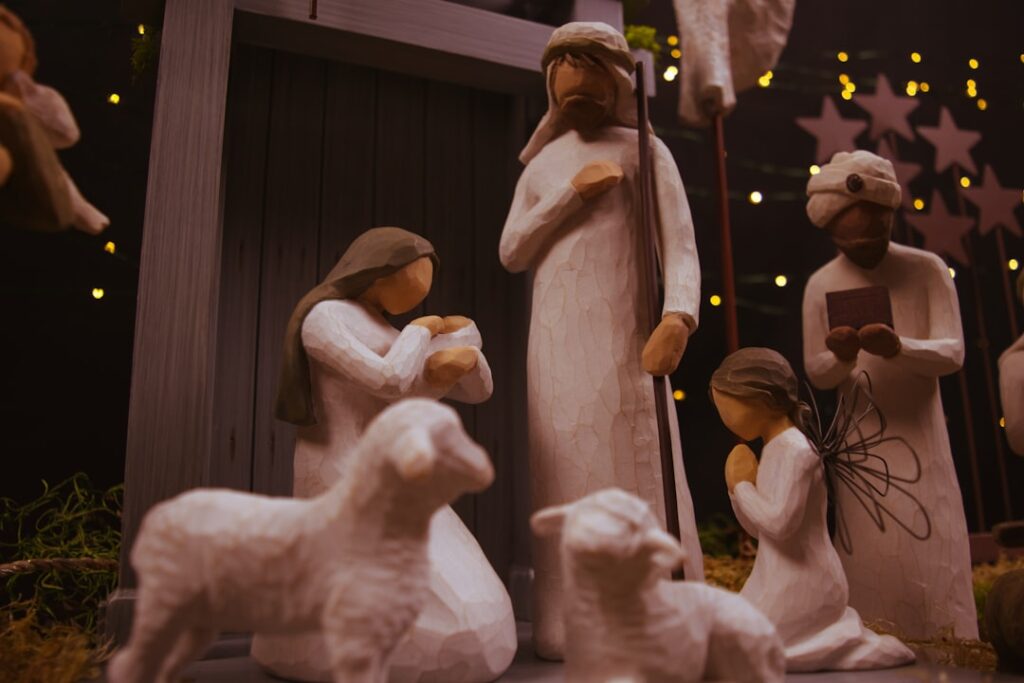 Wading through the depths of the agony that streaks across our world—from the sky lit by rockets above Israel to the silent villages of Ukraine, now punctuated by the violence of invasion, and further still to every corner where the earth trembles and economies crumble—the words from Amos 5:13 linger in the air: “Therefore he who is prudent will keep silent in such a time, for it is an evil time.”
Wading through the depths of the agony that streaks across our world—from the sky lit by rockets above Israel to the silent villages of Ukraine, now punctuated by the violence of invasion, and further still to every corner where the earth trembles and economies crumble—the words from Amos 5:13 linger in the air: “Therefore he who is prudent will keep silent in such a time, for it is an evil time.”
What does it mean for us, in our noisy, pain-stricken world, to encounter these ancient words? To sit with them, to allow them to speak into our time of global turmoil? It certainly means for us, to respond with caution, and with faith not fear. Easily said.
Amos, a shepherd turned prophet, speaks across centuries, prompting us to peer into the suffering and chaos we see in this day and ask: Where is God in this? How does God move, weep, and act amidst our collective pain and chaos?
The Church, this vast network of believers, is heralded as God’s own envoy, His ekklēsía, the people called out to display God’s character to the world. It’s a community not immune to suffering but rather defined and refined by it, offering a glimpse of God’s redeeming presence amidst our circumstances and perplexity.
[perfectpullquote align=”right” bordertop=”false” cite=”” link=”” color=”” class=”” size=””]The Church, as envisioned by God, stands resolutely as a beacon amidst the chaos[/perfectpullquote]
The church is like a lighthouse, steadfast amidst the stormy seas, providing a glimmer of hope, guidance, and safe harbour to those tossed about by life’s tempests. The Church, as envisioned by God, stands resolutely as a beacon amidst the chaos, reflecting the divine light of love, justice, and transformative power of the gospel amidst the dark tides of despair and suffering.
Simply put, the Church is God’s hands and feet in a hurting world, a people that only speak of love and justice but where we act it out, tangibly and practically.
Consider the story of the Good Samaritan. It’s about a man who, instead of walking by someone suffering, gets down in the dirt with them, tends to their wounds, and ensures they are cared for. The Church is called to be a collective of Good Samaritans, seeing the pain of the world and responding with genuine, selfless love and action. And we do that well.
In moments of crisis, silence might be the first step, not of withdrawal, but of true empathy and thoughtful action. This silence is not about turning away but instead, it’s about pausing, truly seeing the pain and suffering around us, and allowing it to shape our actions and responses. It’s a deep seated empathy clothed in prayer, acts of kindess, friendship, food and hope.
Martin Luther King Jr., a man deeply acquainted with suffering and struggle, once remarked, “In the end, we will remember not the words of our enemies, but the silence of our friends.” The Church must ensure that any silence is not one of abandonment, but one that leads to meaningful, supportive action amidst the world’s pain. Amos perhaps implied, think before you act or speak – but do respond.
Amos doesn’t simply challenge us to reflect on where God is amidst suffering but compels the Church to be a vessel through which God’s presence is tangibly felt in the world, especially in places marred by conflict, disaster, and despair.
[perfectpullquote align=”left” bordertop=”false” cite=”” link=”” color=”” class=”” size=””]The Church, reflecting the heart of God, is summoned to be a source of comfort, healing, and hope[/perfectpullquote]
Think of the Church as a compassionate neighbour in a time of need, offering a listening ear, a helping hand, and a heart that seeks justice and well-being for all. Whether in the traumatised regions of the Middle East, the war-torn communities of Ukraine, or any place where creation and its inhabitants groan in pain, the Church is called to be an embodiment of God’s love and solidarity, standing firmly with and for those who suffer.
The Church, reflecting the heart of God, is summoned to be a source of comfort, healing, and hope amidst the world’s aching landscapes. We’re called to be a manifestation of love that both silently weeps with those who weep and speaks with action and truth, echoing God’s insatiable desire for justice, reconciliation, and renewal in our broken, yet infinitely loved world, but the hallmark is that in all circumstances, we are a people of prayer.
Our conviction, deeply rooted, is that God not only hears and answers prayer, but that He also wants to hear our cries to Him for help, assistance and intervention. The answers to those things always evokes praise and worship from our grateful hearts.






